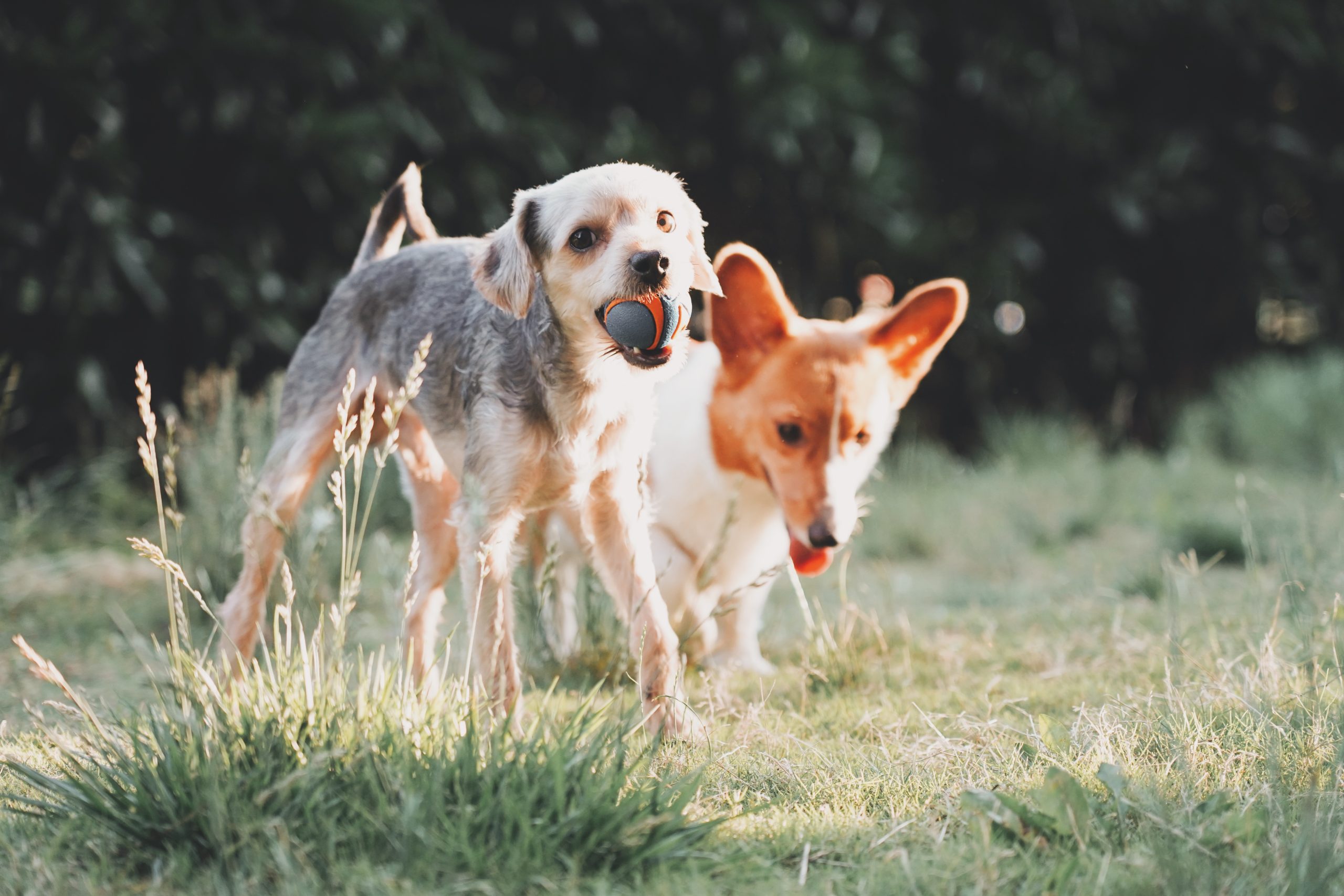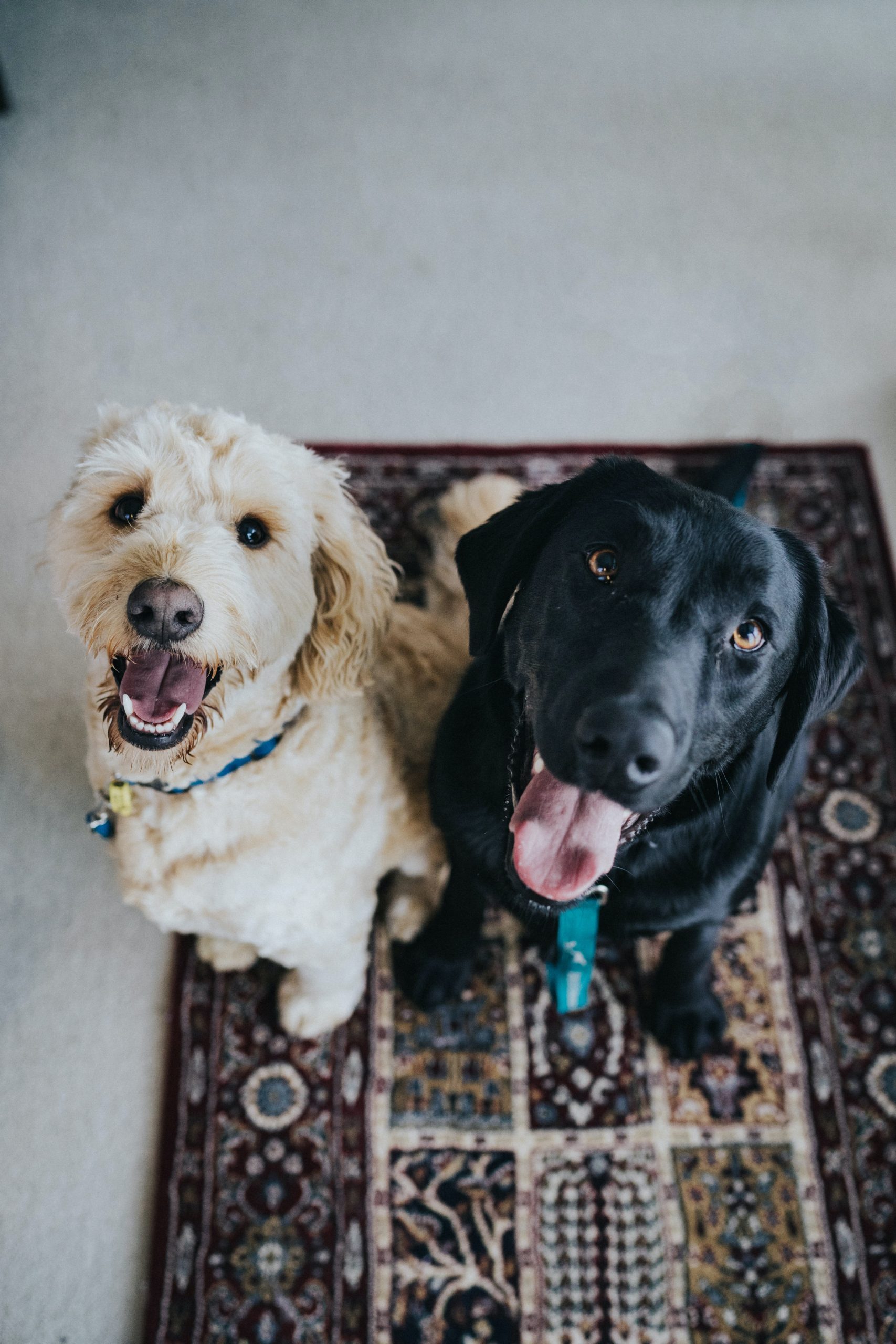Unlock Your Dogs Potential: The Power of Socialization for a Well-Behaved Adult Dog
Socialization in puppy training is crucial for shaping a well-behaved adult dog, preventing fear and behavior problems, and fostering confidence through methods such as early socialization, puppy classes, and regular social interactions throughout adulthood.
The Importance of Socialization in Puppy Training
Socialization in puppy training involves more than just getting your puppy used to different experiences. It’s about providing them with positive exposure to a variety of stimuli, including people, animals, and environments. For instance, a well-socialized puppy is more likely to be comfortable around strangers, children, other dogs, and unfamiliar settings. This can lead to a more confident and well-mannered adult dog, which is crucial for their overall behavior and interactions with the world around them.
Moreover, the benefits of socialization in preventing fear and behavior problems in dogs are extensive. For example, a well-socialized puppy is less likely to develop aggression, anxiety, or phobias. They are more likely to handle new situations with ease and confidence, making them better equipped to navigate the complexities of the modern world. Ultimately, early and consistent socialization can contribute to a dog’s overall mental and emotional well-being, which is paramount for their happiness and the harmony of their human-canine relationships.
Ideal Timing and Methods for Puppy Socialization
The critical socialization period for puppies is typically between 3 to 14 weeks of age. This early socialization is vital as it sets the foundation for the puppy’s future behavior and responses to different stimuli. It is during this period that puppies are most receptive to new experiences and are more likely to form positive associations with them. For example, exposing a puppy to different surfaces such as grass, concrete, and carpet helps them become accustomed to various textures, reducing the likelihood of fear or anxiety in the future.
Moreover, introducing puppies to various sounds like doorbells, vacuum cleaners, and car engines during the critical socialization period can help prevent noise aversion and fearfulness in adulthood. By gradually exposing them to these sounds at a low intensity and then incrementally increasing the volume, puppies can become desensitized, making them less likely to develop noise-related anxieties as they grow older. This method of gradual exposure and positive reinforcement is a key aspect of effective socialization during the critical period.
In addition to sights and sounds, it’s crucial to introduce puppies to a wide range of people, including different ages, genders, and ethnicities. This exposure helps them develop positive associations with diverse individuals, reducing the likelihood of fear or aggression towards unfamiliar people in the future. Positive interactions with other friendly, vaccinated dogs can also contribute to the socialization process, teaching puppies appropriate canine communication and play behavior.
 Enrolling Your Puppy in Socialization Classes
Enrolling Your Puppy in Socialization Classes
Enrolling your puppy in socialization classes is a crucial step in their development. These classes offer a controlled setting for puppies to interact with other dogs and people, which is essential for their socialization. Under the supervision of experienced trainers, puppies can learn to navigate social situations and build confidence in a safe environment. For example, during these classes, puppies can be exposed to various stimuli, such as different sounds, smells, and sights, which helps them become familiar with the world around them.
Moreover, attending puppy classes has been linked to a decrease in nervousness and separation anxiety in dogs. This is because the positive training methods used in these classes foster trust and communication between the owner and the puppy, leading to a more well-adjusted adult dog. Additionally, the structured nature of puppy classes allows owners to learn how to use positive reinforcement techniques effectively, further strengthening the bond between them and their puppy.
When selecting a puppy class, it’s crucial to ensure that the curriculum emphasizes proper socialization and incorporates positive methods. This ensures that the experiences in the class are not only enriching but also contribute to the overall well-being and behavior of the puppy. Therefore, prospective puppy owners should carefully review the class syllabus and seek out classes that prioritize socialization and positive reinforcement, setting the stage for a confident and well-behaved adult dog.
Key Considerations for Puppy Socialization
In addition to the critical aspect of early socialization, habituation and desensitization play pivotal roles in the puppy socialization process. Habituation entails exposing the puppy to various stimuli at non-frightening levels, allowing them to become familiar with different experiences. For instance, introducing the puppy to common household noises such as the vacuum cleaner, doorbell, or kitchen appliances from an early age can help them acclimate and reduce the likelihood of developing noise phobias in the future. As the puppy becomes habituated to these sounds, they are less likely to respond fearfully, resulting in a more well-adjusted and confident adult dog.
Desensitization is another crucial component of puppy socialization, involving the gradual exposure of the puppy to a particular stimulus at a low level, followed by a gradual increase in intensity. For instance, if a puppy shows signs of fear or anxiety towards a specific situation or object, such as car rides or meeting new people, desensitization techniques can be employed to help them overcome their apprehension. By gradually increasing the exposure to these stimuli while employing positive reinforcement techniques, the puppy can learn to associate these experiences with positive outcomes, ultimately reducing fear and anxiety.
Moreover, selecting a puppy socialization class with a strong safety protocol is paramount. These classes should provide a secure and controlled environment for the puppies to interact with other dogs and people. A well-structured socialization class ensures that the puppies are introduced to new experiences in a positive and supervised manner, fostering their confidence and social skills in a safe setting. Additionally, a strong safety protocol within the class helps prevent any negative encounters that could potentially hinder the socialization process, leading to a more positive and enriching learning experience for the puppies.
Continuation of Socialization Throughout Adulthood
Early socialization plays a crucial role in shaping a puppy’s behavior as an adult. For instance, a well-socialized puppy that has been exposed to a variety of stimuli and experiences during the critical socialization period is more likely to grow into a friendly, confident, and well-mannered adult dog. This can be observed in their ability to handle everyday situations with greater ease, interact positively with friends, family, and other dogs, and remain calm and composed in unfamiliar settings.
Moreover, regular social interactions throughout adulthood are vital for reinforcing and maintaining a dog’s strong social skills and confidence. Dogs that continue to be exposed to different environments, people, and animals as they mature are more likely to exhibit well-balanced behavior and adapt comfortably to new situations. For example, ongoing socialization allows adult dogs to navigate public spaces, such as parks, pet-friendly stores, and social gatherings, with ease and composure, fostering positive interactions with humans and other pets. This continuous exposure contributes significantly to the mental and emotional well-being of dogs, helping them lead fulfilling lives as valued members of their communities.


